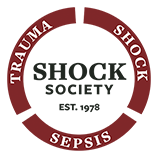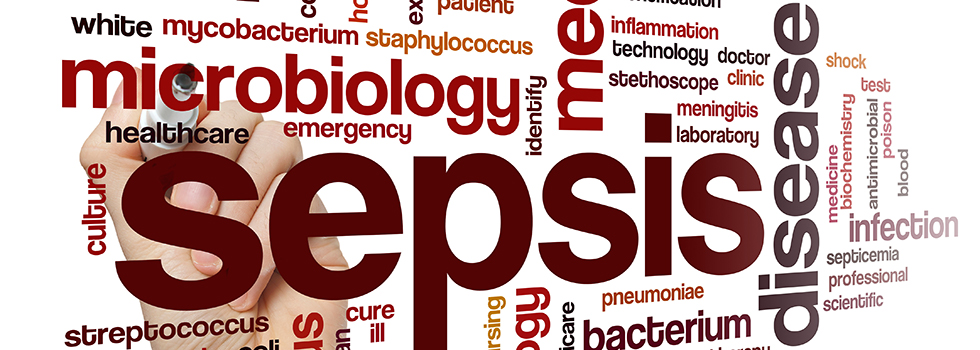- Home
- About
- Awards
- Conference
- Membership
- Resources
- Education
- Journal
- Foundation
|
Welcome to the US Shock Society! The mission of the Shock Society is to improve the care of victims of trauma, shock, and sepsis through:
Register Today!  The 49th Annual Conference on Shock & 11th Congress of the International Federation of Shock Societies
May 31 - June 3, 2026
Bellagio Hotel, Las Vegas, NV
Biological and Biomedical Science Societies Launch BioCore
New publishing consortium unites scholarly biological and biomedical societies to protect research integrity, grow reach and impact, strengthen financial sustainability, and reinvest in the scientific community. The Federation of American Societies for Experimental Biology (FASEB), Society for the Study of Reproduction (SSR), Society for Experimental Biology and Medicine(SEBM), and As commercial consolidation accelerates and pressures mount on independent journals, BioCore offers a society-first solution that is flexible for societies already partnering with publishers. By working together, member societies can:
The Benefits of MembershipShock members are part of a premier society of medical professionals with shared interest in advancing the science of Trauma, Shock, and Sepsis. Membership provides a multidisciplinary approach into the science, opportunities to network with leading-industry professionals, and the ability to keep informed through society newsletters and the Journal, SHOCK. Membership also provides meeting discounts, eligibility in a robust awards programs, and mentoring opportunities.
Join TodayAbout the Journal, SHOCKSHOCK®: Injury, Inflammation, and Sepsis: Laboratory and Clinical Approaches includes studies of novel therapeutic approaches, such as immunomodulation, gene therapy, nutrition, and others. The mission of the Journal is to foster and promote multidisciplinary studies, both experimental and clinical in nature, that critically examine the etiology, mechanisms, and novel therapeutics of shock-related pathophysiological conditions. Its purpose is to excel as a vehicle for timely publication in the areas of basic and clinical studies of shock, trauma, sepsis, inflammation, ischemia, and related pathobiological states, with particular emphasis on the biologic mechanisms that determine the response to such injury. Making such information available will ultimately facilitate improved care of the traumatized or septic individual. Continue Reading |






